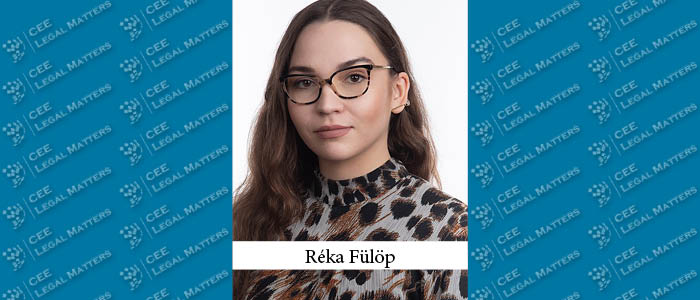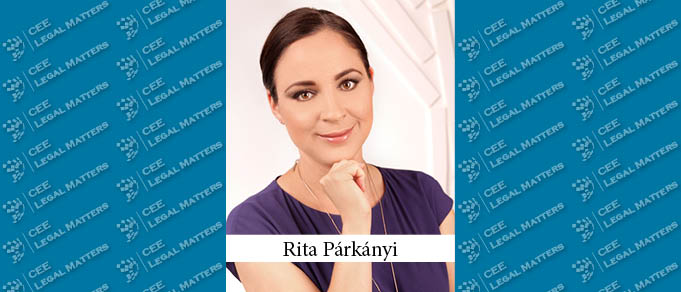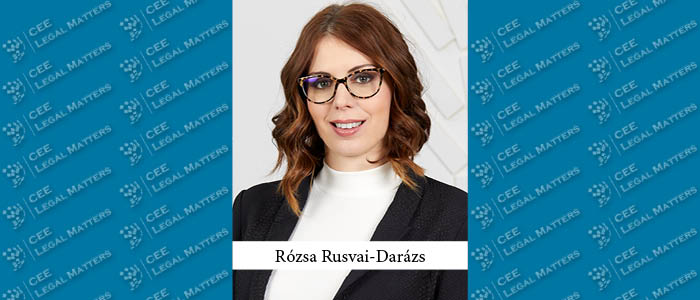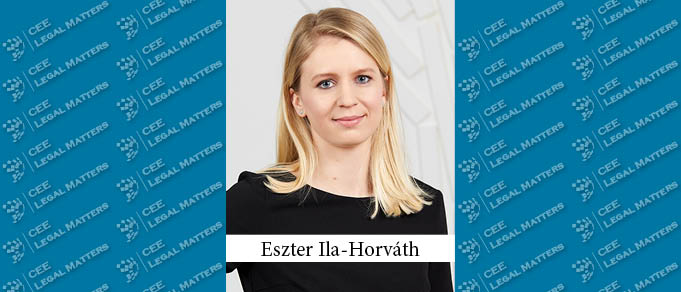In the ever-evolving landscape of legal technology, two notable players, SauLM-7B, and Harvey AI, have emerged with the aim of revolutionizing legal assistance through artificial intelligence. SauLM-7B and Harvey AI compete for prominence in the legal tech arena, their names both carrying a subtle nod to the realm of popular TV series – from Saul Goodman's legal antics in Breaking Bad and Better Call Saul to Harvey Specter's suave maneuvers in Suits.
Are Convenience Fees Lawful?
Convenience fee is the part of our everyday life that seems to be a usually small but inconvenient price to pay for shopping online. But is it indeed a necessity? The Prosecution Service of Hungary intends to find out exactly that.
CEELM Deal of the Year Awards Banquet: And the Winner Is…
On the evening of April 25, 2024, the Deal of the Year Awards Banquet brought together, under the same roof, top-tier lawyers from Central and Eastern Europe's leading law firms in the region in Warsaw.
Can I Secretly Record a Business Meeting?
As technology advances, it becomes easier and easier to record any conversation. Today, anyone with a smartphone can easily record business meetings - even in secret. There are many reasons for making a secret recording: for some it may be a security measure to avoid disputes, for others it may be an ulterior motive to use it later. But is it legally permissible to make an audio recording in secret? And what are the consequences of using a secretly made audio recording in a civil or criminal case?
The Court of Justice Clarified the Power of the National Data Protection Authority
Based on a Hungarian case, on 14 March 2024 the Court of Justice ruled that the supervisory authority of a Member State, to ensure that the GDPR is fully enforced, may order the erasure of unlawfully processed data even if prior request by the data subject has not been submitted. Such erasure may cover data collected from the affected person and data originating from another source.
Kinstellar Advises Wizz Air on Headquarters Lease in Hungary
Kinstellar has advised Wizz Air on the lease agreement for its new office headquarters in Budapest's Millennium Tower.
Clifford Chance, Jalsovszky, and Wolf Theiss Advise on Financing for CVC and Emma Acquisition of Packeta
Clifford Chance, working with Jalsovszky, has advised a club of banks led by Ceska Sporitelna on the financing for CVC Capital Partners and Emma Capital's acquisition of Packeta (reported by CEE Legal Matters on January 9, 2024). Wolf Theiss advised Packeta.
CMS Appoints 12 New CEE Partners in 54-Strong Global Promotion Round
The most recent promotion round at CMS saw 54 lawyers promoted to the firm's partnership ranks, including Austria-based Daniela Kroemer, David Kohl, Florian Mayer, Kai Ruckelshausen, Lukas Peissl, Marlene Wimmer-Nistelberger, and Sonja Otenhajmer, Bulgaria-based Jenia Dimitrova, Hungary-based Agnes Solyom, Eszter Torok, and Katalin Horvath, and Poland-based Tomasz Sancewicz.
New Law on the Horizon: Stronger Competition Authority, Risks for Large Firms’ Owners
On 2 April 2024, a new bill was submitted to the Hungarian Parliament. Among other judicial system-related acts, the proposal aims to amend our Competition Act. The bill establishes the concept of ‘undertaking of fundamental importance’ (in Hungarian: “alapvető jelentőségű vállalkozás”) and gives new powers for the Competition Authority (HCA) in respect of these undertakings.
Restrictions on Taxpayer Examinations in 2024
The National Tax and Customs Authority (NAV) published its 2024 audit plan on 26 March 2024, which shows that it plans to carry out more rigorous audits this year than in recent years.
Company Registration Will Be Possible in 1 Day Also for Foreigners Soon
To enhance the competitiveness of the Hungarian economy, the Government plans to accelerate the process of setting up companies in Hungary for foreigners. Currently, individuals who do not understand Hungarian language, should wait days or even weeks to receive the decision from the Hungarian Company Registry Court certifying the registration of their new company.
Kinstellar Advises Hungarian Power Exchange and TSO on Project Bluesky Transaction
Kinstellar has advised the Hungarian Power Exchange and the Hungarian transmission system operator on the Project Bluesky transaction which saw HUPX join the regional Adex power exchange. Lukman Odvetniska Druzba reportedly advised Adex's Slovenian shareholder, ELES. Isailovic & Partners reportedly advised EMS, the Serbian shareholder of Adex.
FDI Approval: The Rule That Does Not Dissapear, Just Keeps Changing
Since COVID, we have been living with a rule that makes the acquisition of ownership by foreigners in certain Hungarian companies operating in strategic sectors subject to government approval. Although we can no longer speak of a state of emergency, the rule is expected to stay with us for long – albeit with several modifications along the way, as happened in January this year.
Repealing Government Decree on the Different Application of Accounting
On 26 February 2024, the 34/2024 (II.26) decree on the different application of Act C of 2000 on Accounting during an emergency was published in the Hungarian Gazette, which repeals a decree issued a few days before, on 8 February.
Competition Laws and Regulations in Hungary
Contributed by Bird & Bird.
Entry and Residence of Third Country Nationals - Transitional Provisions
As of 1 March 2024, it possible to submit applications for residence permit at the Immigration Authority in accordance with the new regulation, i.e. the Act XC of 2023 on the General Rules for the Entry and Residence of Third-Country Nationals.
Wolf Theiss Advises BKM on Consolidating Ownership of Public Lighting in Budapest
Wolf Theiss has advised Budapest Municipality-owned BKM Budapest Public Utilities Nonprofit on its acquisition of E.On Hungaria's 50% stake in BDK Budapest Decorative and Public Lighting.
The Tightened Rules of the Occupational Health and Safety Fines
In order to promote the health of employees and prevent workplace accidents, the Hungarian Government had significantly increased the fines for the breach of occupational health and safety rules as of 1 March 2024. The rule on its amount was removed from the applicable act and its details were laid down in a government decree.



















